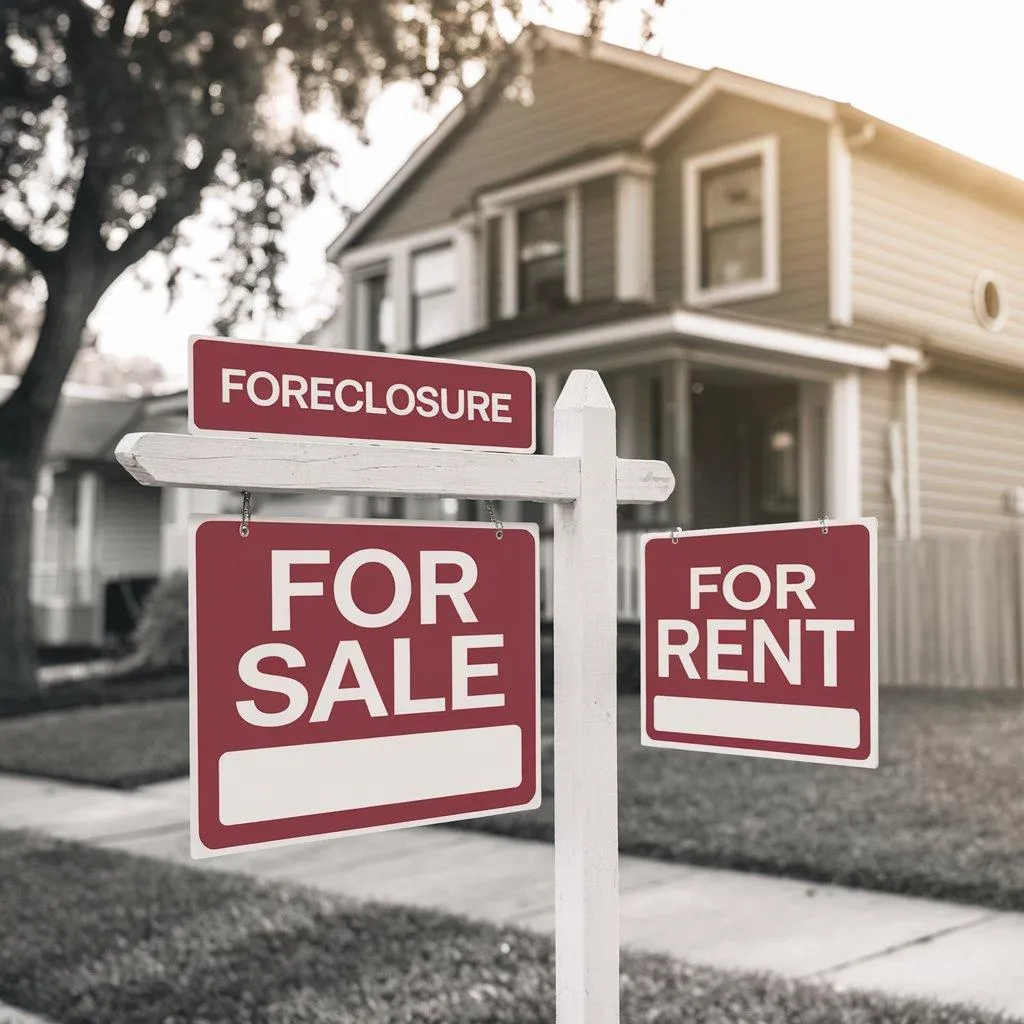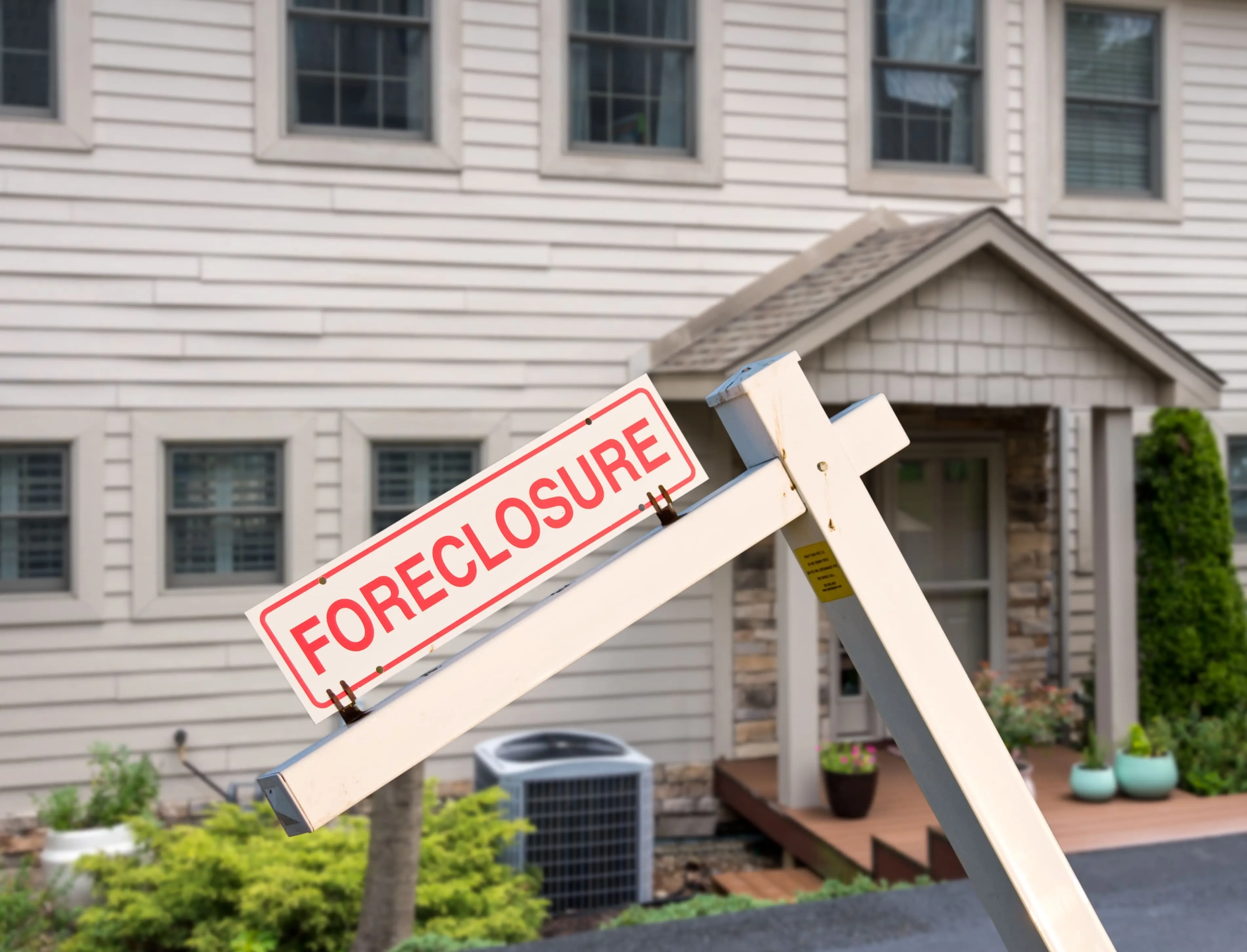
Foreclosure Explained: What It Means, How It Impacts, and How to Recover
Facing the word foreclosure can feel overwhelming—but understanding what it truly means and how it affects your financial picture is the first step toward taking control.
At Consult With Erika, I believe every person deserves clarity, even in tough times. So let’s break down foreclosure, its long-term impact, and how you can rebuild your credit even when your home is on the line.

What Is Foreclosure?
Foreclosure is a legal action that allows a lender to repossess a home when mortgage payments go unpaid. It’s the final step after missed payments and failed attempts to resolve the debt.
In essence, the lender takes back the property—often selling it to recoup the outstanding loan balance. This process can happen either through the court system (judicial foreclosure) or outside of it (non-judicial foreclosure), depending on your state’s laws.
How Long Does Foreclosure Stay on Your Credit Report?
Once the foreclosure process begins, the negative mark appears on your credit report. No matter how much time has passed, it remains for seven years from the first missed payment that triggered the process.
Why Foreclosure Can Hurt Your Credit So Much
A foreclosure can significantly lower your credit score—sometimes by 85 to 160 points. That drop can make it more difficult to secure future financing, particularly for mortgages or business loans.
Can You Avoid Foreclosure? Yes—Here’s How
Before your home is officially lost, there are steps you can take:
Reach out to your lender early to explain your situation.
Forbearance or loan modifications may allow temporary changes to your payments.
Short sales can let you sell your home for less than what’s owed with the lender’s approval.
Deed in lieu of foreclosure means handing over your deed to avoid a formal foreclosure.
Each option has pros and cons, but the earlier you act, the more choices you’ll have.
Life After Foreclosure: Rebuilding Your Credit Path
Foreclosure isn’t the end of the road. Here’s how you can begin the recovery process:
Check your credit reports for accuracy and dispute any errors.
Open secured credit cards or use credit-builder loans to start showing positive payment history.
Pay bills on time and keep balances low to steadily rebuild your credit score.
Final Thoughts: Recovery Is Possible
A foreclosure isn’t the final word—it’s a setback that you can overcome. With informed steps, support, and smart credit repair strategies, you can reclaim your financial stability and peace of mind.
👉 Curious how to rebuild or move forward from here? Book your free 15-minute strategy call with Consult With Erika and start your credit comeback: Schedule Your Call

